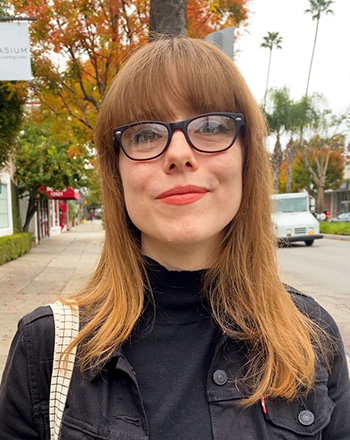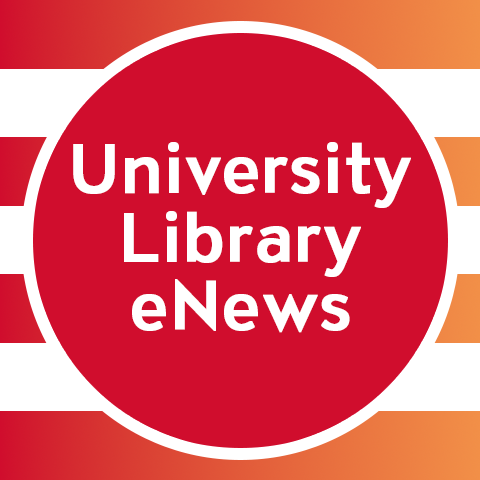Newsletter Edition: Spring 2020

Contributed by Kathy Dabbour
Introduction
LA as Subject is a research alliance dedicated to preserving and improving access to the archival material of Los Angeles history, which is preserved in libraries, museums, other cultural institutions, and by private collectors. With an online directory of more than 230 separate collections, LA as Subject ensures that researchers know what materials are available, where they are located, and how to access them.
The LA as Subject residency and training program is a collaborative effort between the LA as Subject alliance and the libraries of California State University, Dominguez Hills (CSUDH), CSUN, and USC, and is made possible through a generous grant from the Institute of Museum and Library Services (IMLS). The program provides training and experience for three recent Masters in Library and Information Science graduates as well as staff and volunteers at 30 LA as Subject member archives in skills related to digital collections management and access.
“LA as Subject.” LA as Subject, USC Libraries, 9 Mar. 2020, laassubject.org/.
Could you start by talking about your job as LA as Subject Resident Archivist? What are you working on for your residency? What is a typical day or week like for you?
As the LA as Subject Resident Archivist, I work with community organizations to assess their archival collections and get them ready for digitization. Over the course of two years, I’ll work with at least ten different community organizations, providing training and assisting with implementation of new procedures. Some of my projects include working with a Girl Scout who is digitizing scrapbooks as a part of her Gold Star Award project; assisting the Archivist at the Glendale Central Library start their own digital collections repository; and Helping the Tom and Ethel Bradley Center streamline their workflows for transcribing oral history videos. I’m also working on projects with the Corita Art Center, Ebell of Los Angeles, San Gabriel Mission Playhouse, and San Fernando High School, among others. My typical week usually includes working with my student assistants on digitization projects, researching best practices, project planning, and visiting sites for project meetings.
My favorite part of my job is meeting people who are really passionate about preserving the history of their community or area of interest. Their enthusiasm can be really heartwarming and I’m happy to be able to assist them in even a small way. I grew up on the East Coast, so this has been a great opportunity for me to learn more about the history of Los Angeles and gain a greater understanding of my new home.
How did you get interested in archival work? What kind of training do you have versus other library professionals?
I’ve had an interest in librarianship since childhood. Growing up, I was a voracious reader and spent a lot of time at my public library. I developed an interest in archival work as an undergraduate student at the Rhode Island School of Design, where I was getting a BFA in Printmaking. I was a frequent user of the RISD library’s Special Collection and Archives while doing research to support my studio practice. Much like printmaking, archival work is very process oriented and I saw that connection. I was really intrigued by how artists were influenced and how they made decisions. Archives are a great place to see these inner workings. While I was getting my MS in Library and Information Sciences at Simmons College, I concentrated in Archives Management and had a few really impactful internships. Those experiences really cemented my desire to work in archives.
What do you think are the most important functions of archives, especially in a university library?
Academic archives provide the opportunity for students to connect with the subject they’re studying on a deeper level. There’s something really impactful about viewing historic documents in person. It makes history more personal to be able to physically hold a small part of it. There’s also a lot of room for discovery and plenty of rabbit holes to go down when you get deep into a collection. Students have the chance to discover connections and draw their own conclusions rather than relying solely on secondary sources.
What is your favorite part of your job?
My favorite part of my job is meeting people who are really passionate about preserving the history of their community or area of interest. Their enthusiasm can be really heartwarming and I’m happy to be able to assist them in even a small way. I grew up on the East Coast, so this has been a great opportunity for me to learn more about the history of Los Angeles and gain a greater understanding of my new home.
